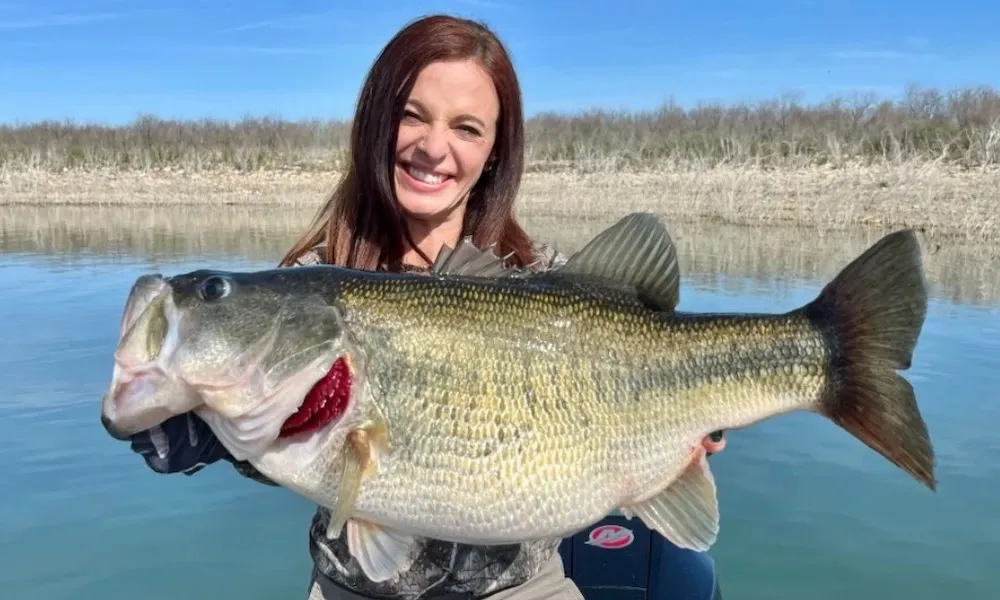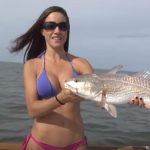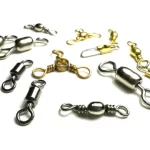Bass fishing is a favorite pastime for many anglers, offering both relaxation and the thrill of the chase. To increase your chances of landing a big bass, consider these tips: use live bait such as worms or minnows, as bass are more likely to strike at natural prey. Pay attention to the time of day; early morning and late evening are often the most productive times for bass fishing.
Understanding Bass Behavior
Bass are predatory fish, often found lurking in underwater structures like fallen trees, rocks, and vegetation. They use these structures to ambush their prey. By understanding this behavior, you can strategically cast your line near these hiding spots. During different seasons, bass behavior changes; in spring, they are more likely to be found in shallow waters, while in summer, they move to deeper, cooler areas.
Choosing the Right Equipment
Having the right gear can make all the difference. A medium-heavy rod with a fast action tip provides the sensitivity needed to detect bites and the strength to reel in larger fish. For reels, a baitcaster offers precision casting, essential for targeting specific spots. Line choice is also crucial; fluorocarbon lines are nearly invisible underwater, making them ideal for clear water conditions, while braided lines offer strength for heavy cover.

Effective Techniques and Lures
Experiment with different lures and techniques to find what works best. Topwater lures are excellent for early morning fishing, creating enticing movements that bass can’t resist. Crankbaits and spinnerbaits are versatile options, effective in various conditions. Soft plastics, like worms and creature baits, are highly effective when fished slowly along the bottom. Mastering different techniques, such as flipping and pitching, can also improve your success rate.
Fishing Hotspots
Knowing where to fish is as important as how to fish. Lakes, rivers, and reservoirs all offer unique opportunities. Research local fishing reports and maps to identify productive areas. Pay attention to weather conditions, as they can influence bass behavior. Overcast days often yield better results, as bass are more likely to be out feeding. With the right approach and a bit of luck, you’ll be reeling in a trophy bass in no time.





